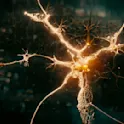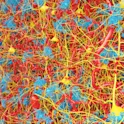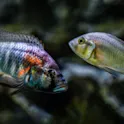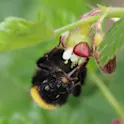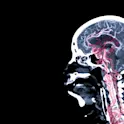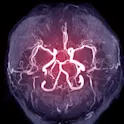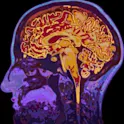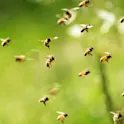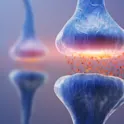Our brain prefers positive vocal sounds that come from our left
By Mischa Dijkstra, Frontiers science writer Researchers have shown that the brain’s primary auditory cortex is more responsive to human vocalizations associated with positive emotions and coming from our left side than to any other kind of sounds. This bias can be explained by the way our brain is organized, but its evolutionary significance is not yet known Sounds that we hear around us are defined physically by their frequency and amplitude. But for us, sounds have a meaning beyond those parameters: we may perceive them as pleasant or unpleasant, ominous or reassuring, and interesting and rich in information, or just noise. Read original paper Download original paper (pdf) One aspect that affects the emotional ‘valence’ of sounds – that is, whether we perceive them as positive, neutral, or negative – is where they come from. Most people rate looming sounds, which move towards us, as more unpleasant, potent, arousing, and intense than receding sounds, and especially if they come from behind rather than from the front. This bias might give a plausible evolutionary advantage: to our ancestors on the African savannah, a sound approaching from behind their vulnerable back might have signaled a predator stalking them. Now, neuroscientists from […]
